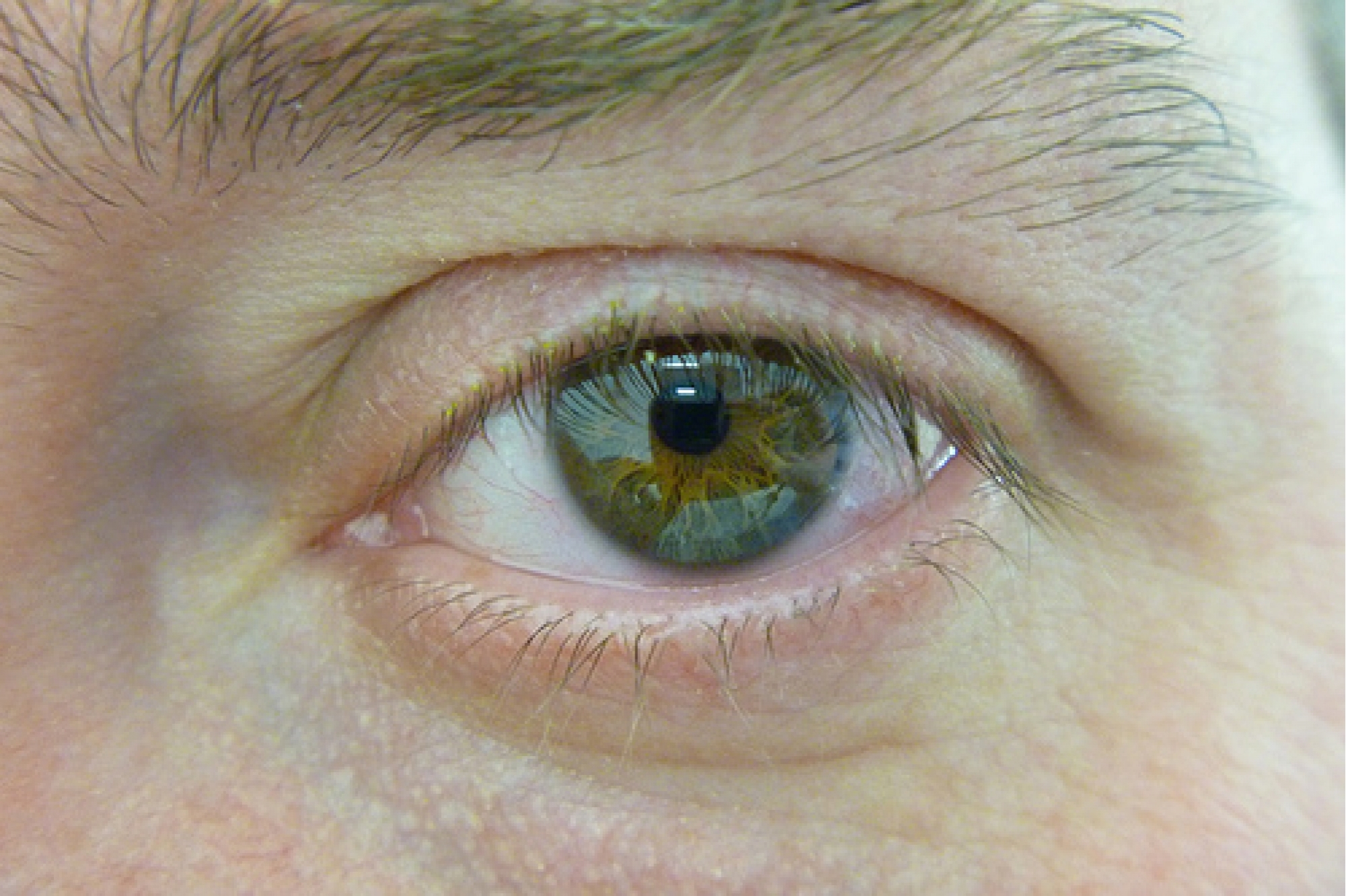![]() Some rights reserved by comedy_nose
Some rights reserved by comedy_nose
Remember that scene in Minority Report, where Tom Cruise’s retinas are scanned as he walks into a shopping mall, before being greeted by a series of personalised holographic adverts? As it turns out, we may well find ourselves in Tom’s shoes sooner than expected. Well, almost…
In an age where humans and technology seem to be walking hand-in-hand with alarming frequency, eye-tracking is the latest innovation that is taking the media by storm and looks set to influence advertising and marketing to significant degrees. After all, the people working in these industries are constantly trying to figure out what makes consumers tick. While more often than not they do succeed, there is one thing they have yet to get a read on: our physical reaction to the fruits of their labour. If recent eye-
tracking news reports are to be believed, it will soon be possible for ads to make eye contact with us, scan our gaze as we browse a webpage and calculate how long we linger on pop-ups and banners. Yep, looks like technology has found a way to quantify our attention.
Now the knee-jerk reaction to such developments – especially for a self-professed technophobe like myself – would be to brand them as intrusive, perhaps even a bit Orwellian. However, we need to remember that advertisers are well aware of modern consumers’ short attention span and our impatience with ads we have no use for. They understand our compulsion to get what we want just a couple of mouse clicks away. So if used strategically, targeted promotion could actually bring consumers and advertisers closer together. How? By making it personalised.
Take me as an example. As an avid reader of fiction and graphic novels, I’m more likely to spend my time online searching for the cheapest offers of the latest Nick Hornby book or the next Marvel crossover event I should be looking out for (yes, I’m a geek and proud of it). So if my laptop is able to intuitively direct me to the relevant web pages whilst also bypassing all the life insurance pop-ups and ads for Dior’s latest range of cosmetic products, then surely this is a welcome improvement? I also occasionally look up deals for economy flights around Europe, but because these searches aren’t as frequent as the ones mentioned previously, the amount of ads I will receive for a cheap getaway to the Cote D’Azur will be less frequent, therefore adequately quantified.
Then again, eye tracking is still in its infancy, which means our predictions are still too premature for them to have any validity, but the prospects for this technology are no doubt intriguing. And if anything, it means we’re still a long way from receiving our advertising in pill form.
